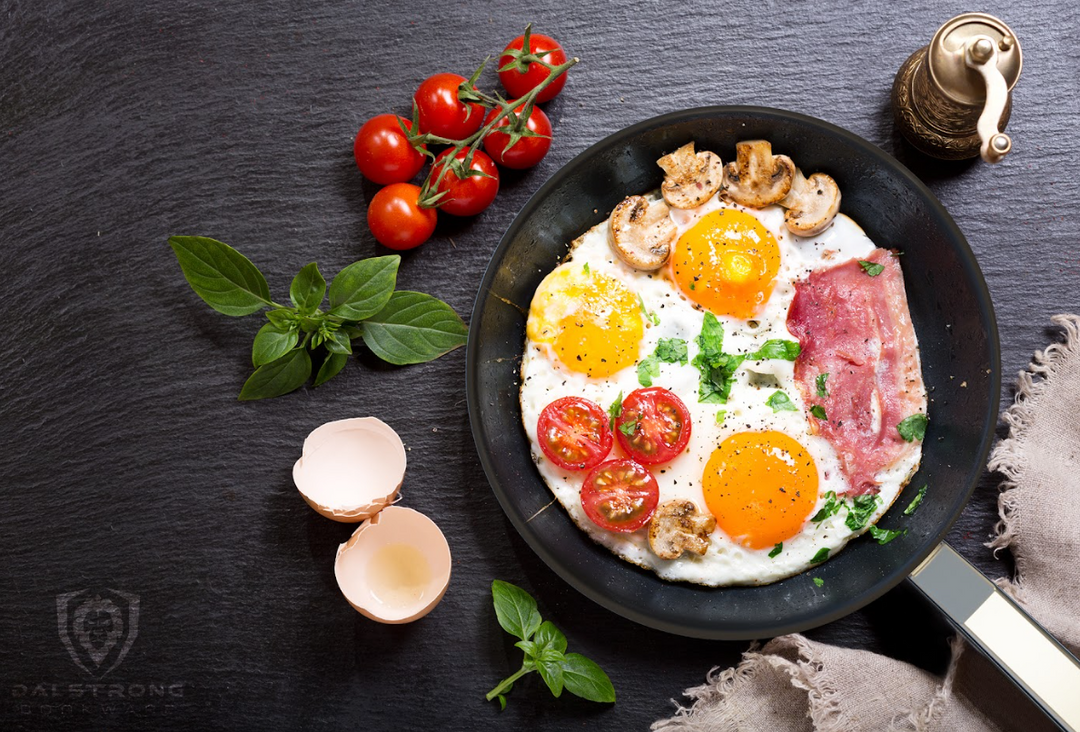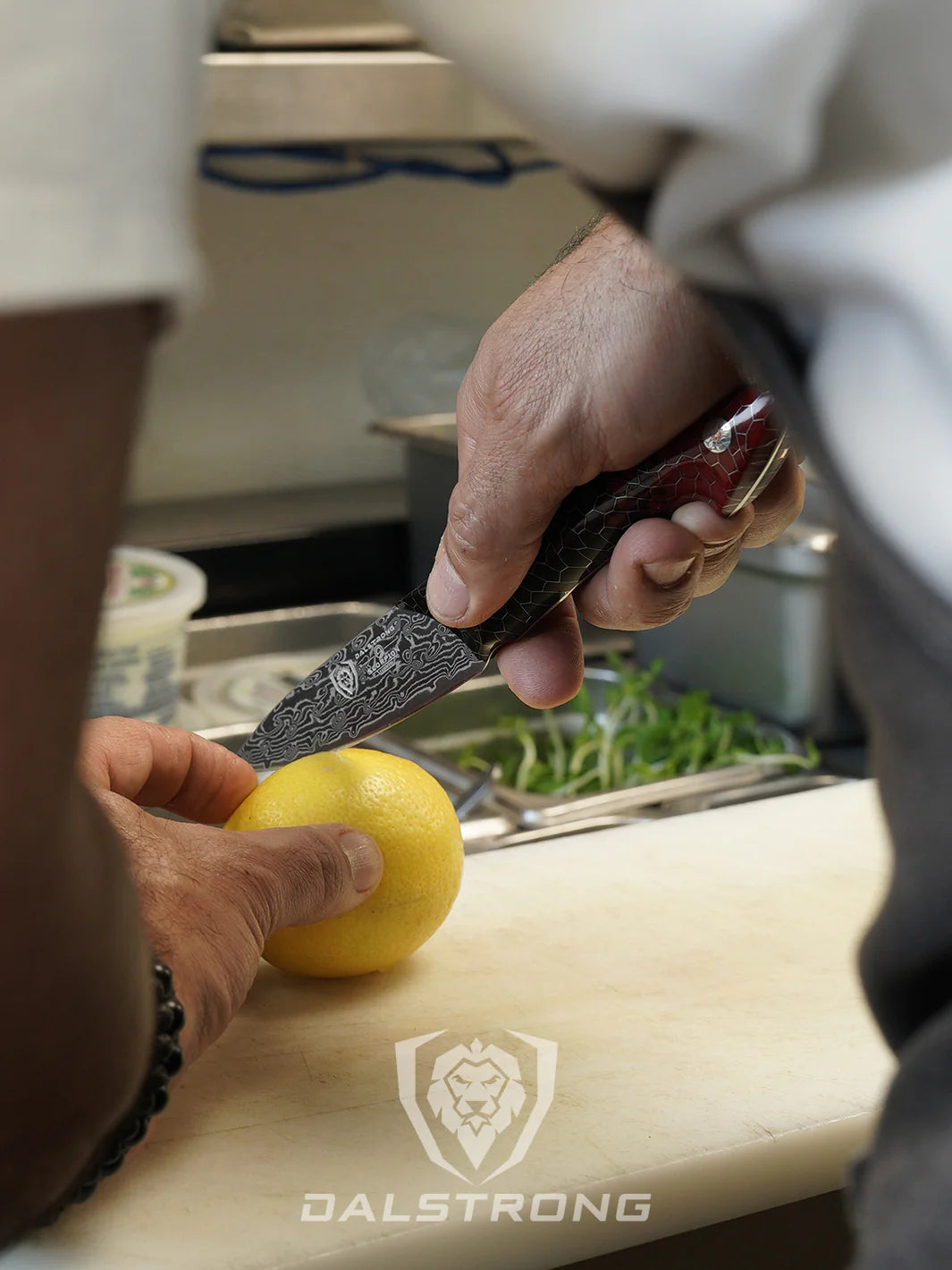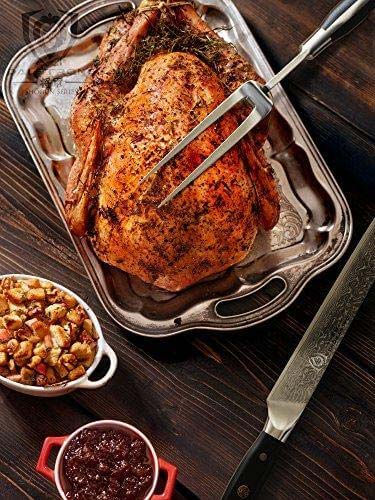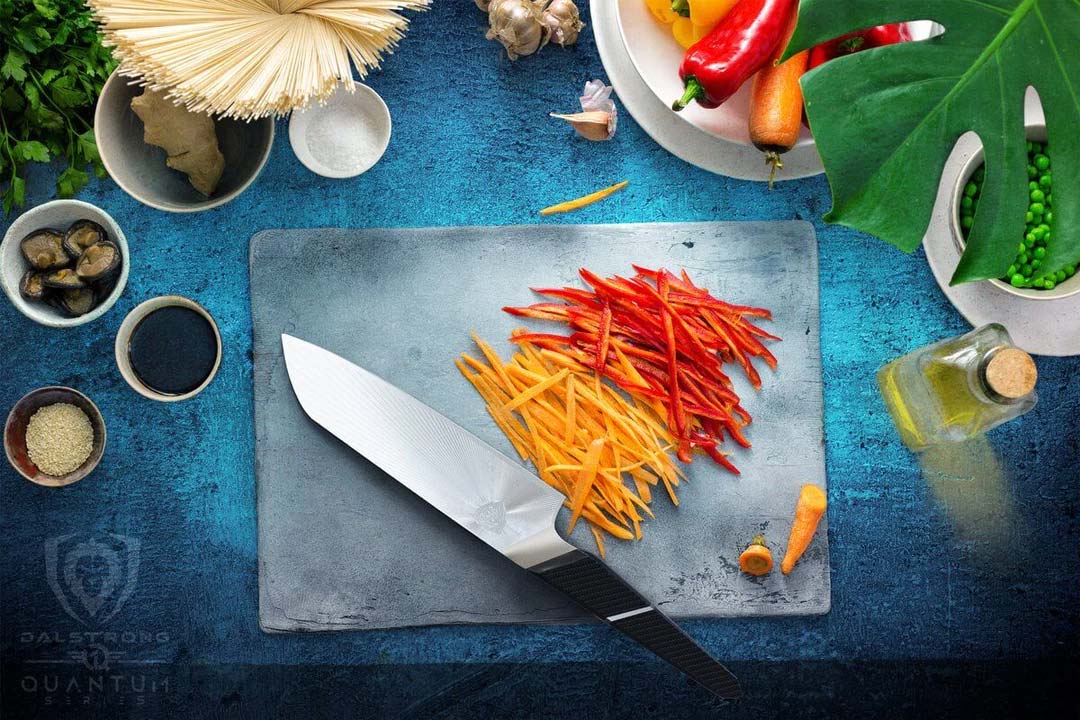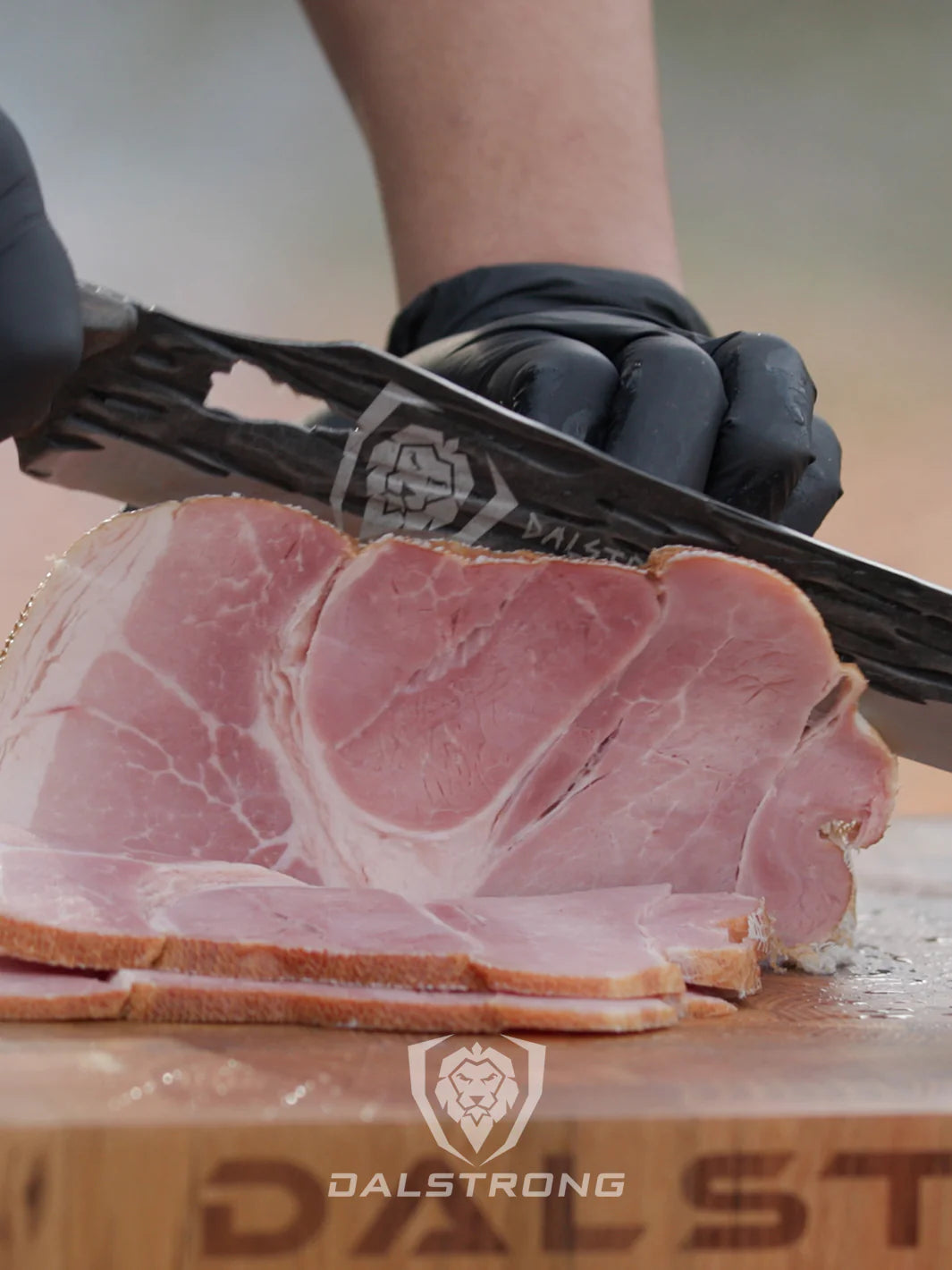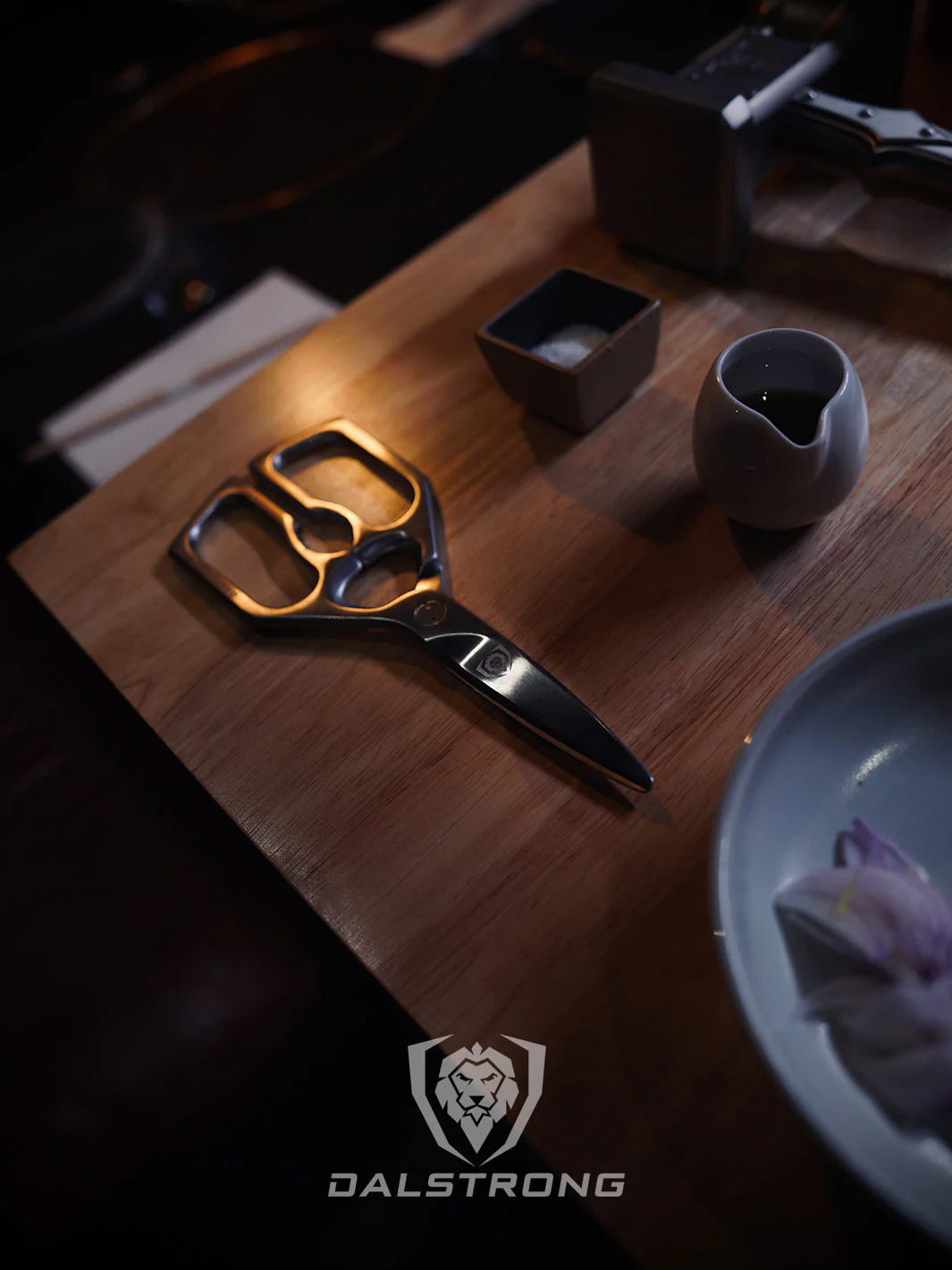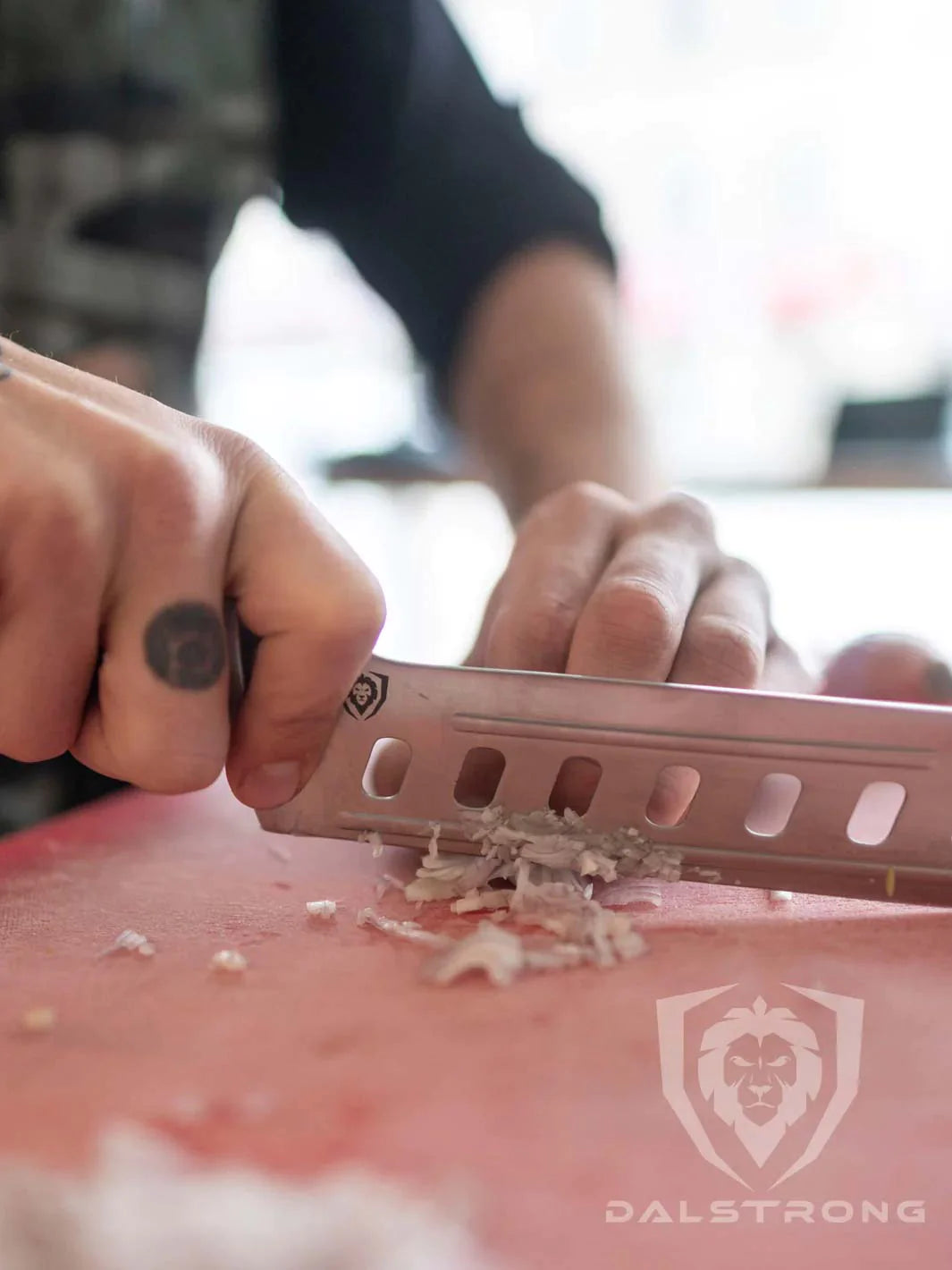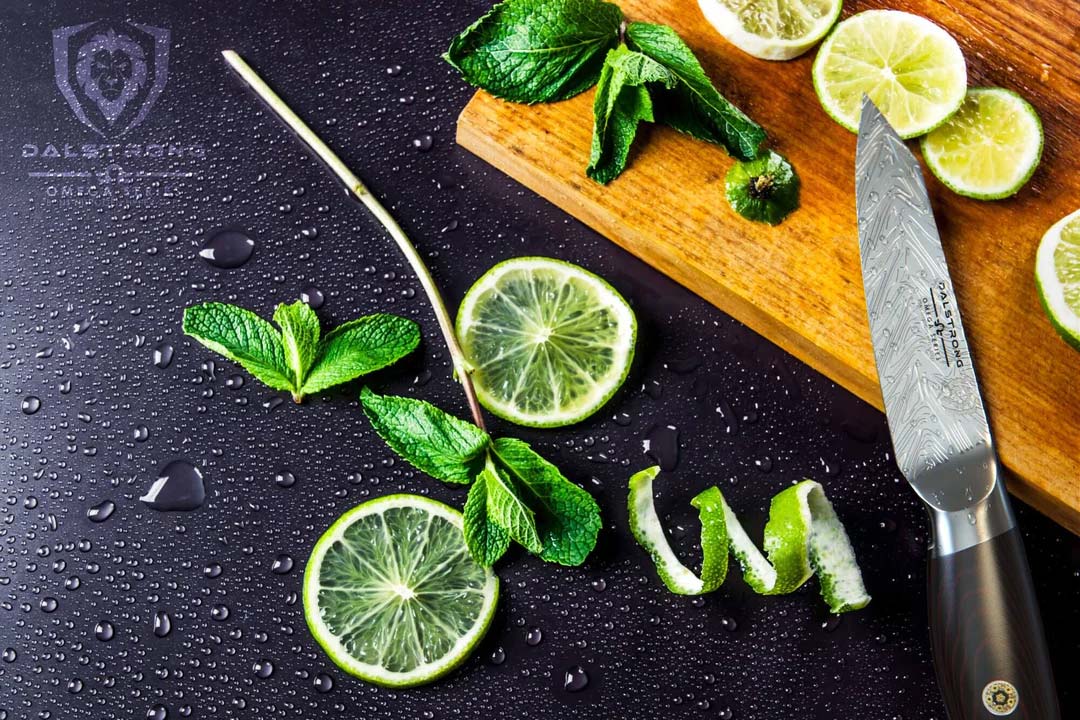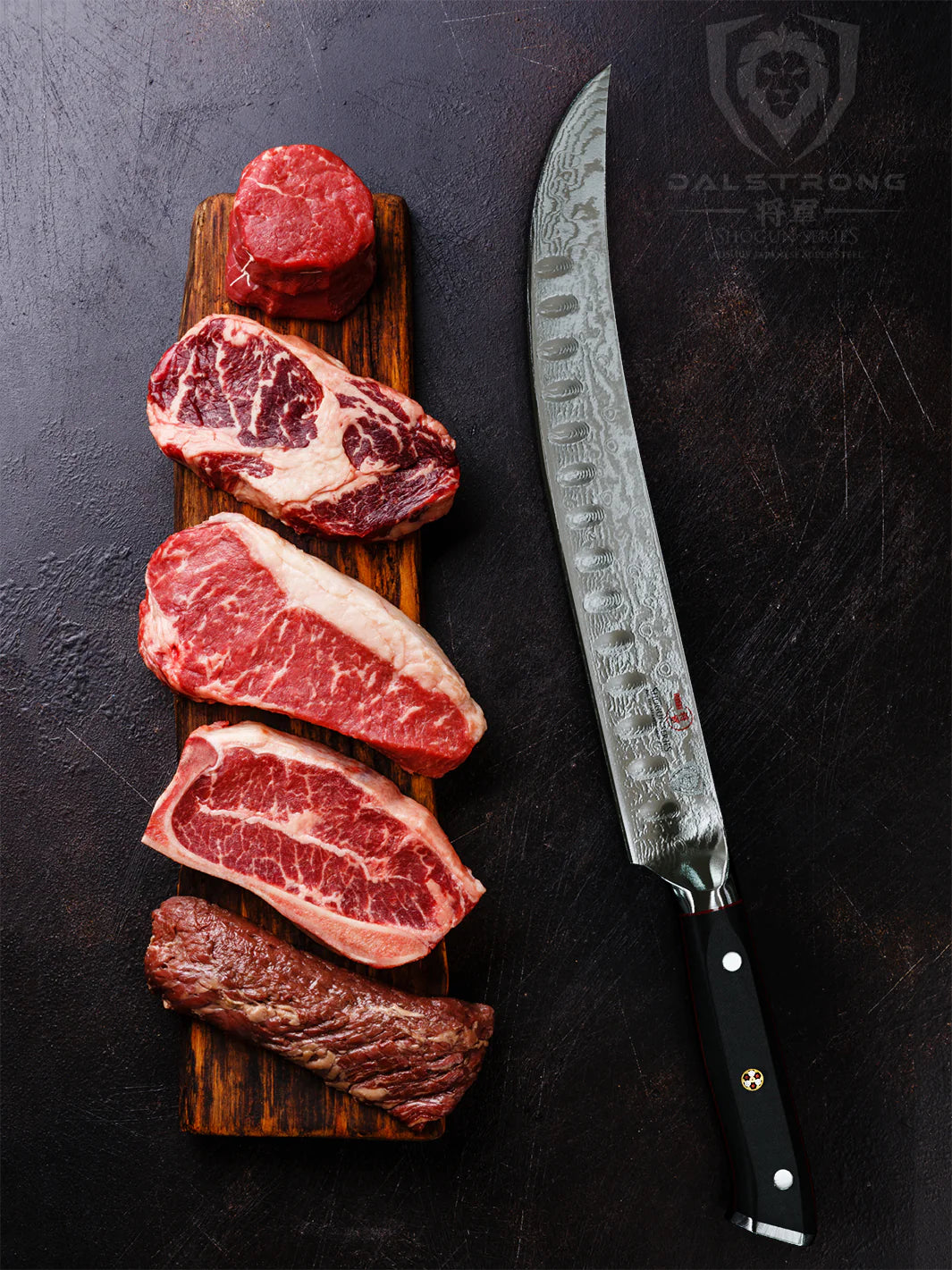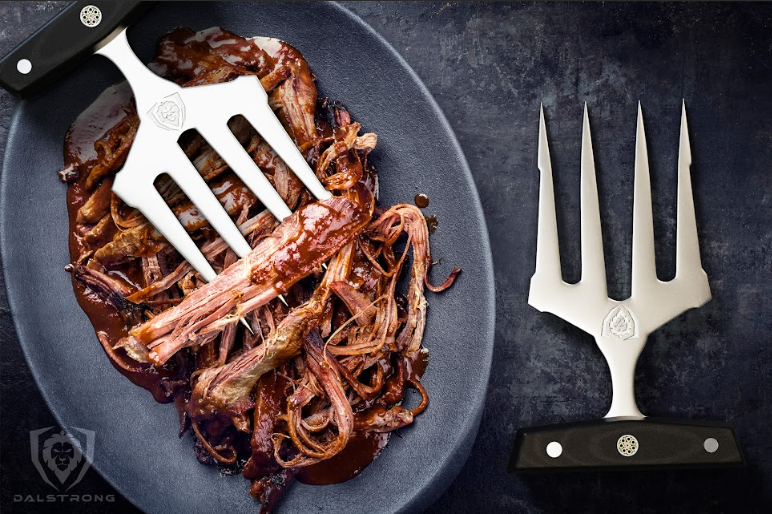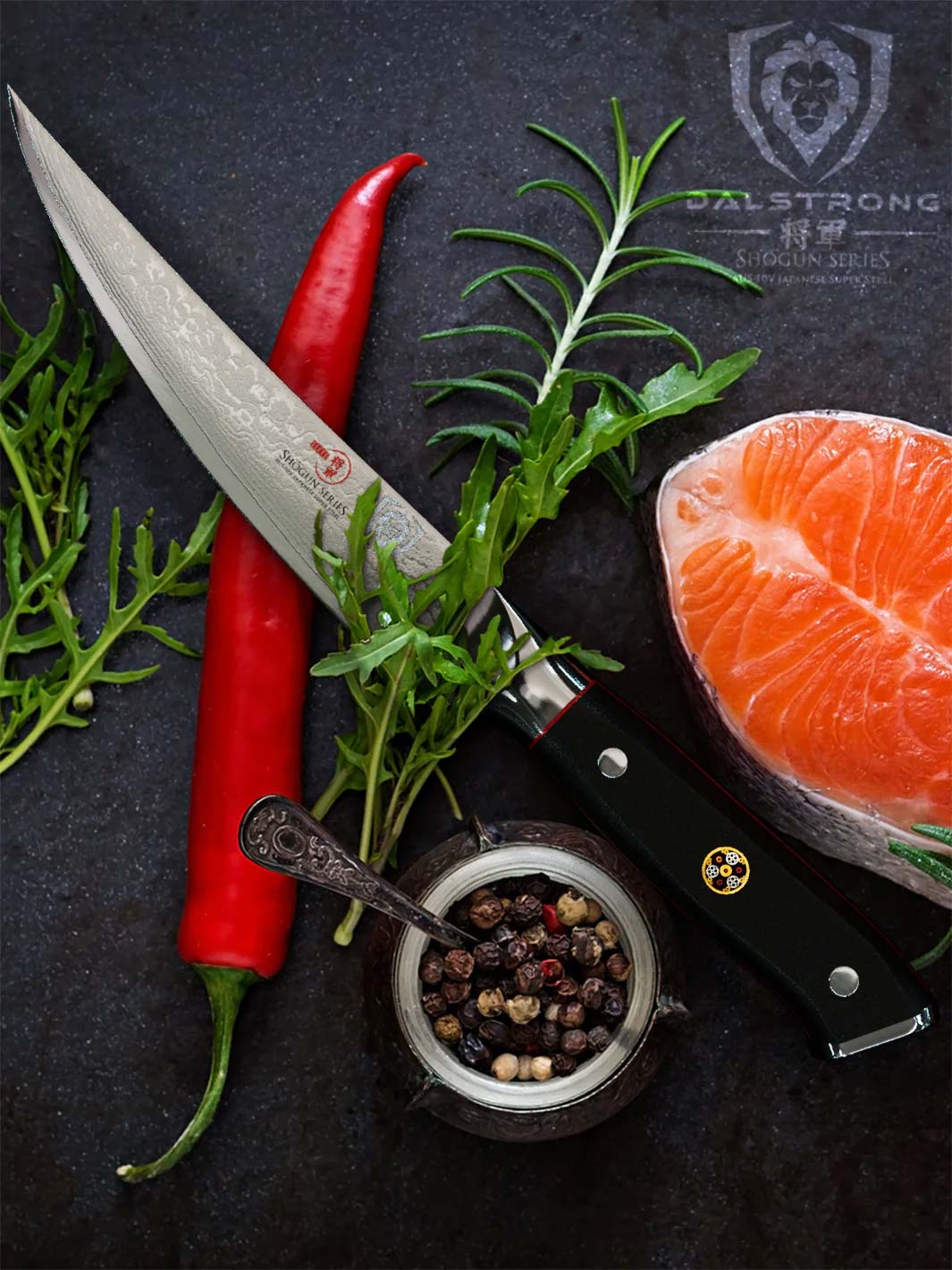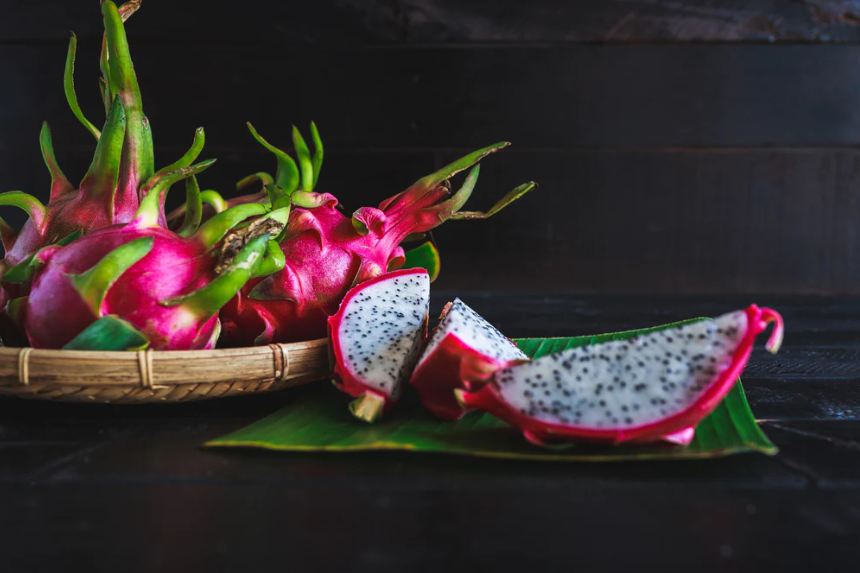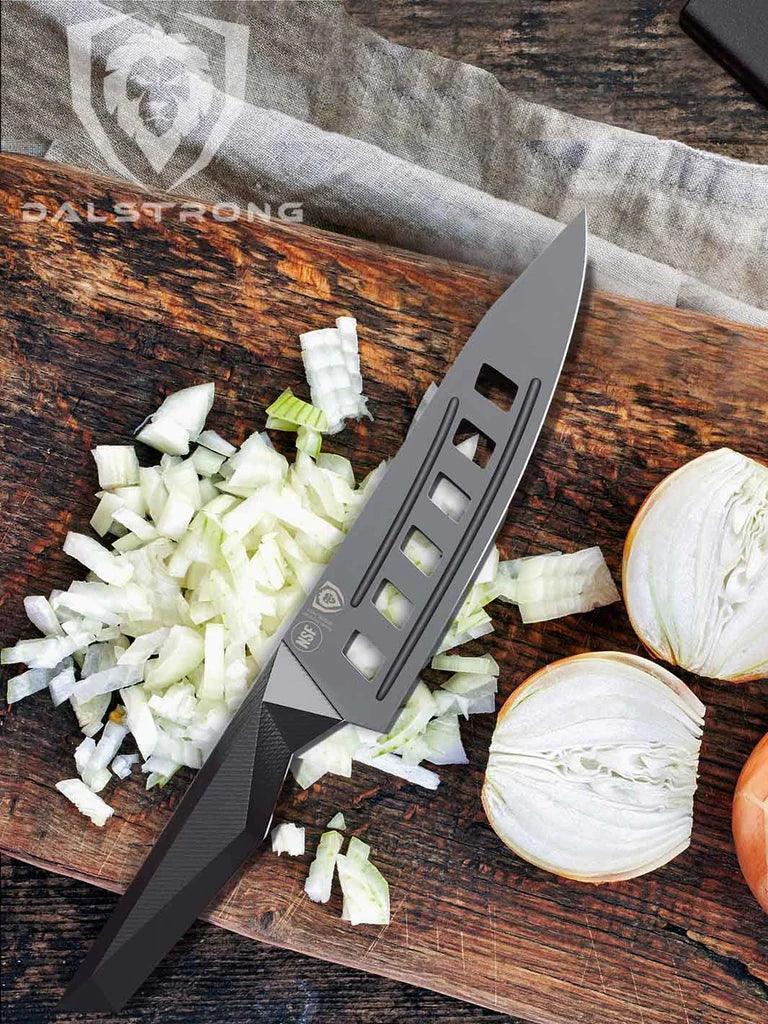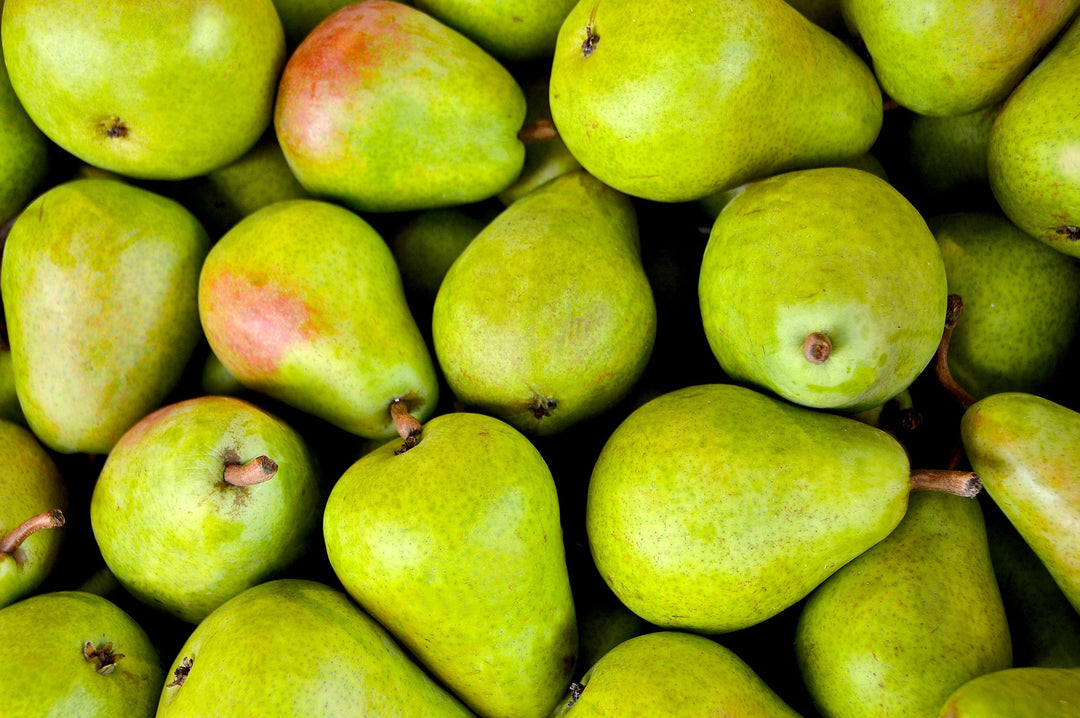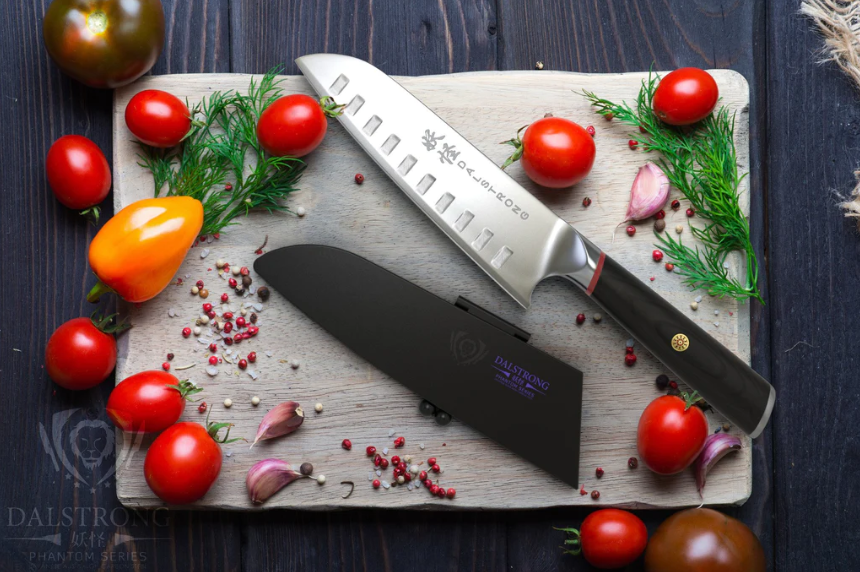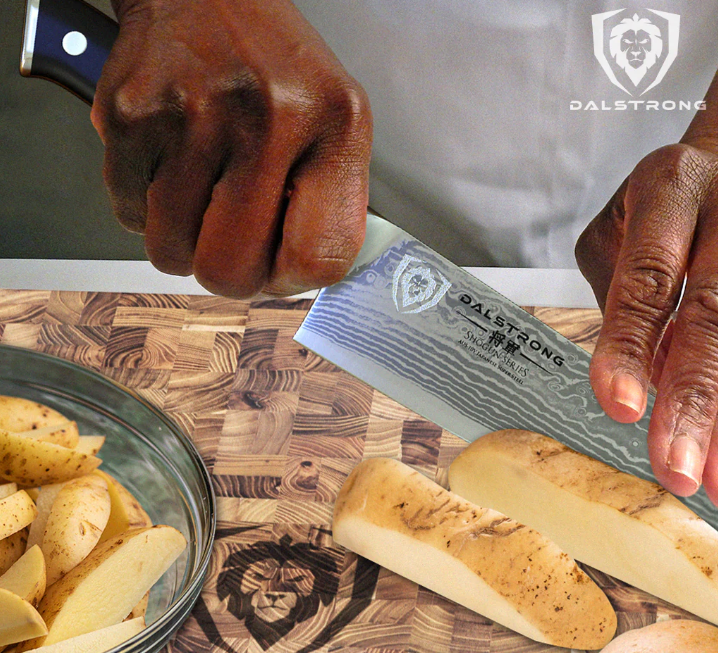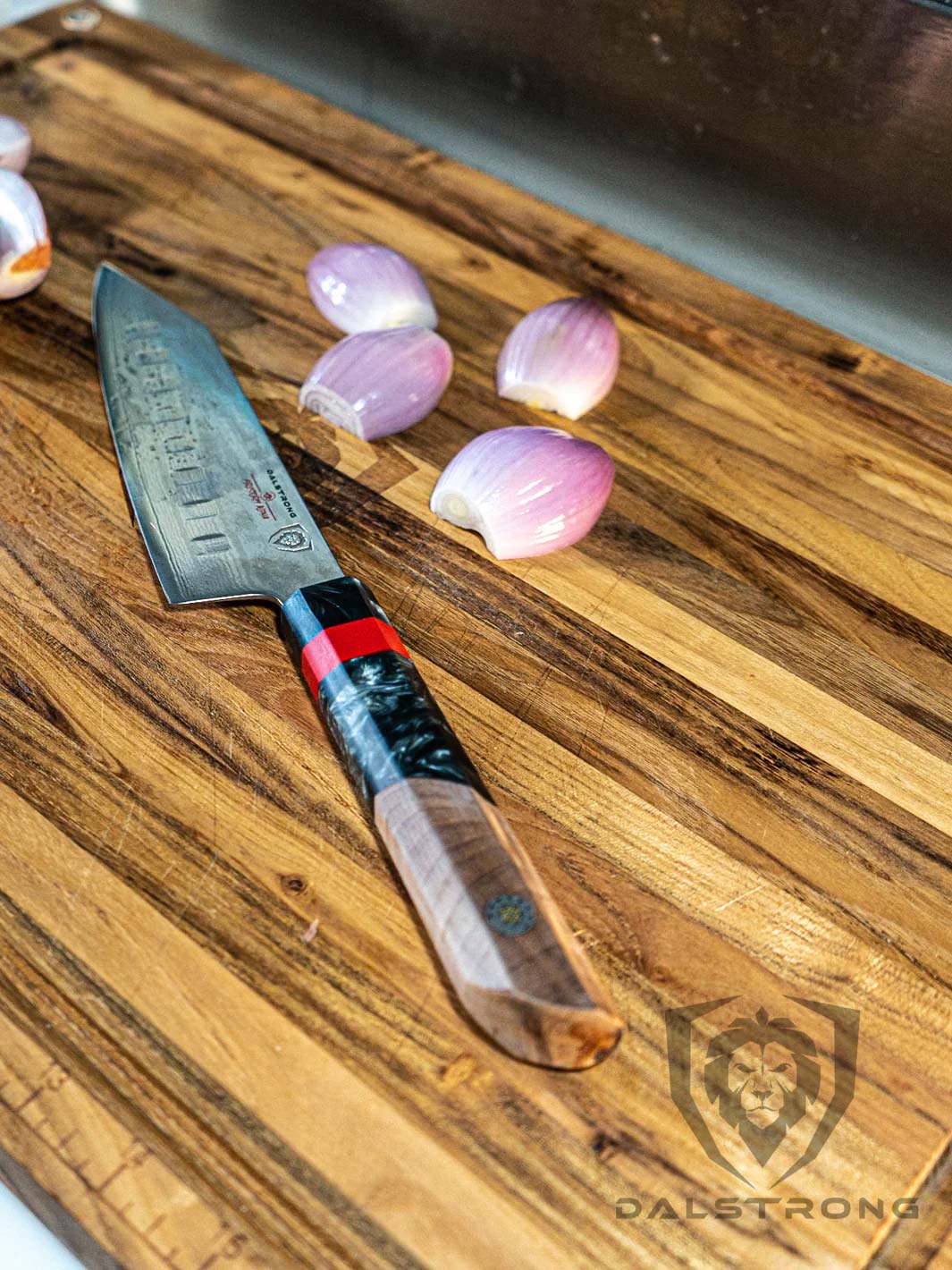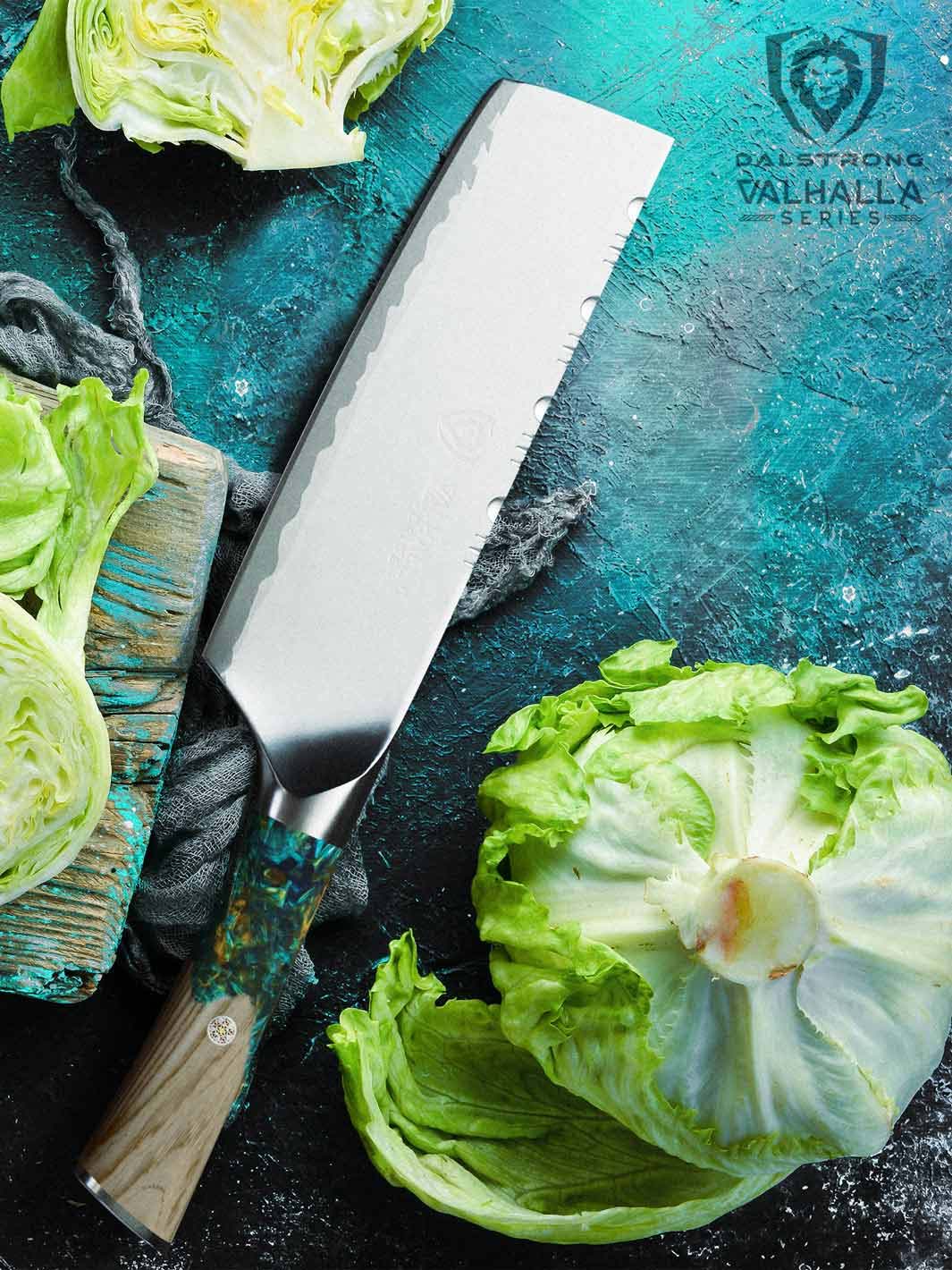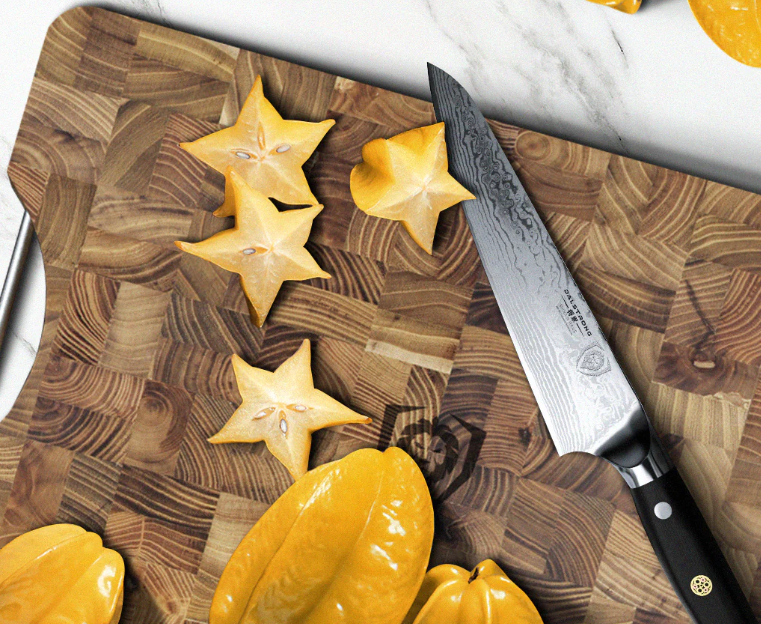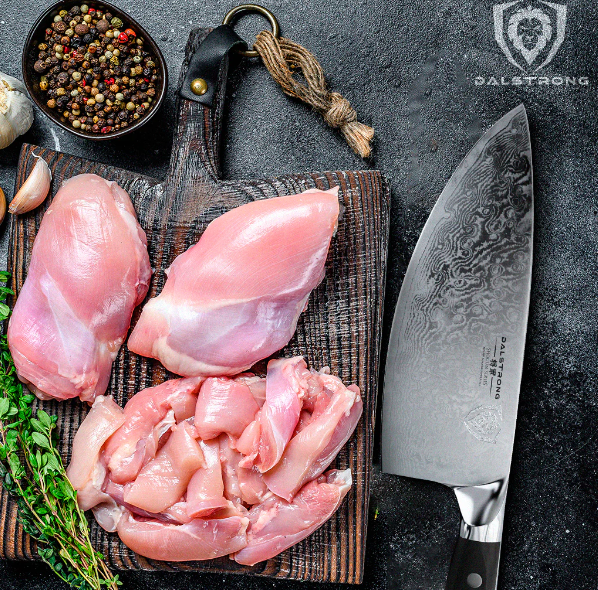Irish Stew Recipe
Irish Stew Recipe
- Brown your lamb or beef over medium high for 10 minutes in dutch oven and remove from pot.
- Add onion and carrot and saute for 5 minutes. Reduce to medium, add garlic, and cook for 1 more minute and place meat back into the pot.
- In skillet, heat ½ cup beef broth, flour and Worcestershire sauce. Mix until dissolved. Pour into dutch oven.
- Add potato, remaining beef broth, bay leaf, barley, Guinness and 1 tbsp parsley. Add sprigs of thyme on top of meat and potatoes.
- Bring stew to a boil, reduce to low heat, cover and simmer for 45 minutes or until meat is tender.
- Melt butter in skillet and add dried thyme, the rest of the chopped parsley, salt, pepper and garlic powder.
- Transfer stew to serving dish and pour butter and herb mixture over potatoes.

Whether you’re celebrating St. Patrick’s Day or your Irish heritage, learning to make Irish Stew is a rewarding endeavor. One of the ultimate comfort foods, this delicious and hearty traditional Irish stew is considered a national dish of Ireland.
Originally considered a peasant dish containing the cheapest foods, the true traditional recipe consists of only 4 ingredients: mutton (sheep), potatoes, onions and water. Purists maintain that deviating from this recipe by adding other ingredients spoils the flavor of the dish.
Shockingly, people saw room for improving the flavor of these simple ingredients. So over the last two centuries, the dish has evolved and even taken on a gourmet twist. A cup of barley here, a glass of Guinness Stout there, throw in any number of different root vegetables...so many different ingredients have been added and tried in the Irish Stew recipe that the Irish of the early 1800s would barely recognize their staple dish. Surely they would not have anticipated their poor man’s stew would one day be served up as Guinness beef stew!
In Ireland, carrots and sometimes turnips are added for more flavor. Lamb is usually used now instead of the tougher, and harder to find, mutton. Though lamb stew is the true traditional dish, an Irish beef stew recipe uses beef chuck or beef stew meat. Some cooks use beef stock for a brothy base while others like to thicken it up with flour or cornstarch.
So, while staying true to the spirit of this traditional Irish dish, and also adding some flavor, this recipe is sure to become a staple in your household.
1. Irish Stew Recipe
|
Prep Time: |
Cook Time: |
Total Time: |
Yield: |
|
20 min. |
1 hour |
1 hour, 20 min. |
Approx. 6 servings |
|
Ingredients:
|
|
Tools You’ll Need:
|
|
Instructions:
|
Pro Tips:
- If you don’t have time to make your beef broth, Better Than Bouillon should be your new best friend! Add 1 tsp of Better Than Bouillon for each cup of boiling water. This can be made ahead of time.
- Though this recipe calls for flour, for a gluten-free version, you can also use cornstarch to thicken your stew.
- Serve stew with a side of Irish soda bread and a glass of red wine! That delicious crusty bread soaking up the dregs of your stew is heaven.
2. The History Of Irish Stew

As we mentioned, Irish Stew originated as a dish prepared by peasants with whatever the cheapest and most readily available ingredients were at the time. Before the potato famine, that was potatoes, onions and mutton. In the early 1800s, Irish farmers raised mainly sheep and grew potatoes.
They raised sheep for wool and milk for cheesemaking, but after the animal was no longer productive, they would make use of its meat in their stews. The meat of older sheep (mutton) is much tougher than lamb which is raised primarily for meat.
As Irish immigrants began pouring into the United States in the mid 1800s, naturally they brought along their traditional dishes. The Irish stew recipe began to evolve then to include foods that were more common in the United States such as beef.
Modern gourmet versions of the stew have come to include lamb, Guinness, spices, etc.
3. Other Traditional Irish Dishes

Whether you’re looking for a side, a dessert or another hearty meal, there are so many great Irish Dishes to try! Celebrate St. Patrick’s Day the whole week with a few of these. Trust me, it’s better than drinking green beer!
- Irish Soda Bread -- the perfect side to go with your stew!
- Irish Apple Cake -- traditional Irish dessert
- Colcannon -- the amazing mashed potato side dish you’ve never heard of
- Honey Glazed Carrots and Parsnips
- Irish Boxty -- who doesn’t love a potato pancake!?
- Irish Stew Pie -- for a little variation, make your stew into a pie!
- Corned Beef and Vegetables
- Shepherd’s Pie
- Irish Bangers and Mash
- Guinness Cake -- for a more decadent Irish dessert
- Irish Coffee -- always finish your dinner off with an Irish coffee!
4. How To Store Irish Stew

If you have stew leftover, you can refrigerate for a day or two. Or, you can freeze in airtight plastic containers for up to 3 months.
If you have only broth mixture leftover after most of the main ingredients of the stew have been eaten, save and refrigerate to use gravy for your mashed potato dish a night or two later! Just warm over the stovetop and add a couple of tablespoons of cornstarch making a cornstarch slurry. Add the cornstarch a tablespoon at a time depending on how much broth you have leftover until you reach the desired gravy consistency.
5. Frequently Asked Questions

What is the difference between Irish stew and beef stew?
Though Irish stew is traditionally a lamb stew, it is perfectly acceptable to use beef. A traditional beef stew recipe however, differs a little and is usually made with a few different ingredients including, tomato paste, peas, red wine, and a few other herbs. The red wine gives a bit of a different flavor. They are both equally hearty and delicious!
Can you cook Irish stew in a slow cooker?
Absolutely! This recipe can easily be adapted for the slow cooker. You should still brown the meat and cook the vegetables in a skillet before adding them to the beef broth and other ingredients. Searing the meat on medium high heat brings out the flavour in a way that cooking it slowly the stew would not. The flavour of the onions and garlic is also enhanced by sautéing. You can make your broth, flour and Worcestershire sauce right in the slow cooker, then add the rest of the ingredients and cook for 6-8 hours.
Butter and herb mixture should be made in the skillet a few minutes before serving.
What can I use instead of Guinness in an Irish stew?
It’s understandable. Guinness is not everyone’s cup of tea. Though it will give a different flavor, you can substitute 2 cups of red wine in your stew recipe in place of the Guinness.
Shop Dalstrong Cookware Today

















































































































































